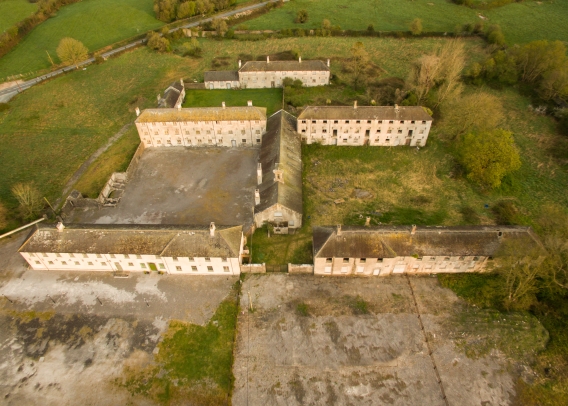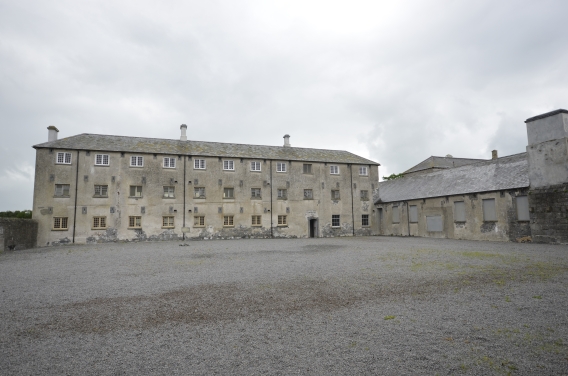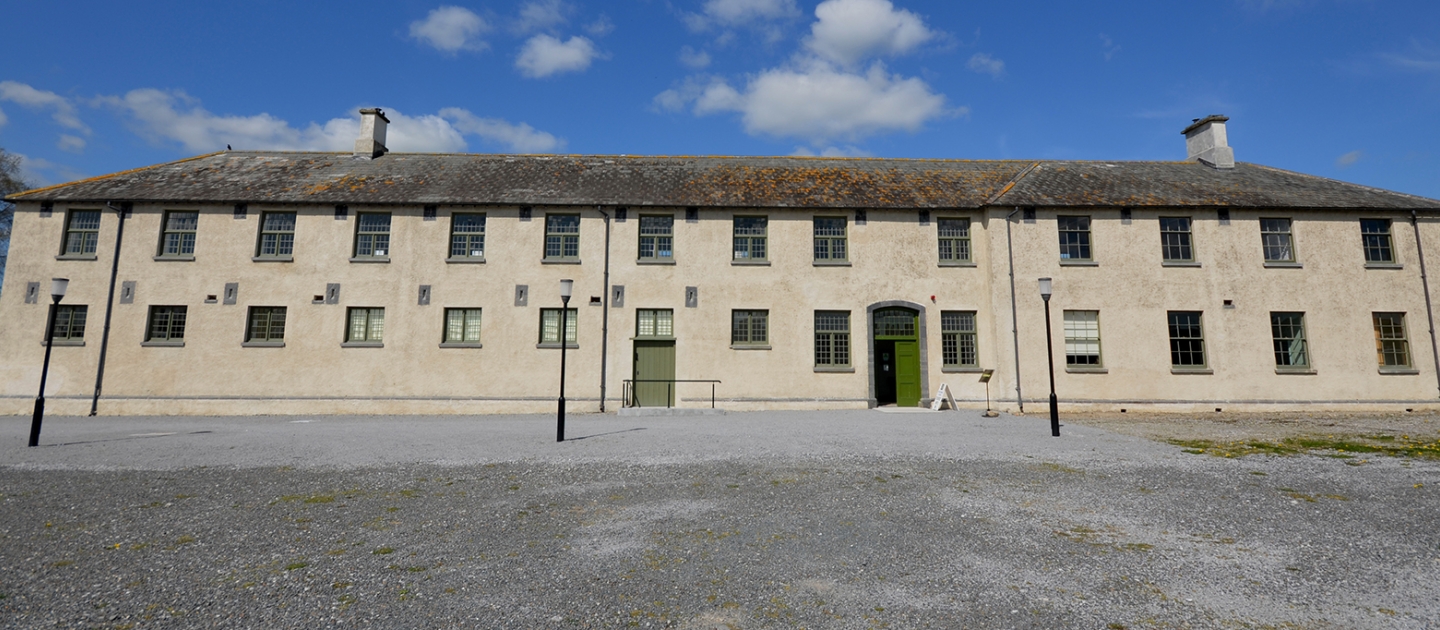It is not often that the physical surroundings of a classroom can act as an evocative and inspirational environment in which to study. But that is the case for students on the Certificate in Local History programme offered in Portumna Workhouse, in Co. Galway.
Now in its fourth year, the certificate is one of the most successful outreach programmes offered by UL’s Department of History in association with the Irish Workhouse Centre, attractng local history enthusiasts and those wishing to gain a deeper knowledge and understanding of their localities.
Portumna’s workhouse opened in 1852, after the worst of the Great Famine had passed. In the 70 years it operated, thousands of people found shelter and assistance in the sprawling complex of buildings.

By the end of the 20th century it lay crumbling and derelict. Since 1999, the non-profit South East Galway Integrated Rural Development Company has been restoring the buildings and successfully finding uses for them. The workhouse now attracts visitors from all parts of the globe who wish to gain insights into life in an Irish workhouse.
While attending a conference at the workhouse in 2016, Dr David Fleming of the Department of History realised the potential the place had for delivering the Local History programme, and together with a dedicated team of tutors, many graduates of the Department’s MA in Local History, began delivering classes.

To date 49 have graduated with certificates, and a further 15 are currently students on the programme, Dr Fleming explains.
“Most of the students are mature, older individuals, from the south-east Galway and North Tipperary areas, but others have travelled as far as Kerry and Roscommon to attend classes.
All are passionate about history, but several never had the opportunity to study it in a formal way.
The Certificate is designed to introduce students to the basics of primary and secondary source historical research in a friendly and open environment. Notwithstanding the often cold Wednesday nights, classes in the workhouse are full of discussion, learning and enjoyment.
Several have been inspired to go on to further historical study and research.
“While it can sometimes be unsettling to imagine the misery and drudgery of those who resided in Portumna’s workhouse, now it provides one of the best places for history students to learn in a place so redolent of the times and people that form part of their studies,” added Dr Fleming. - Alan Owens
